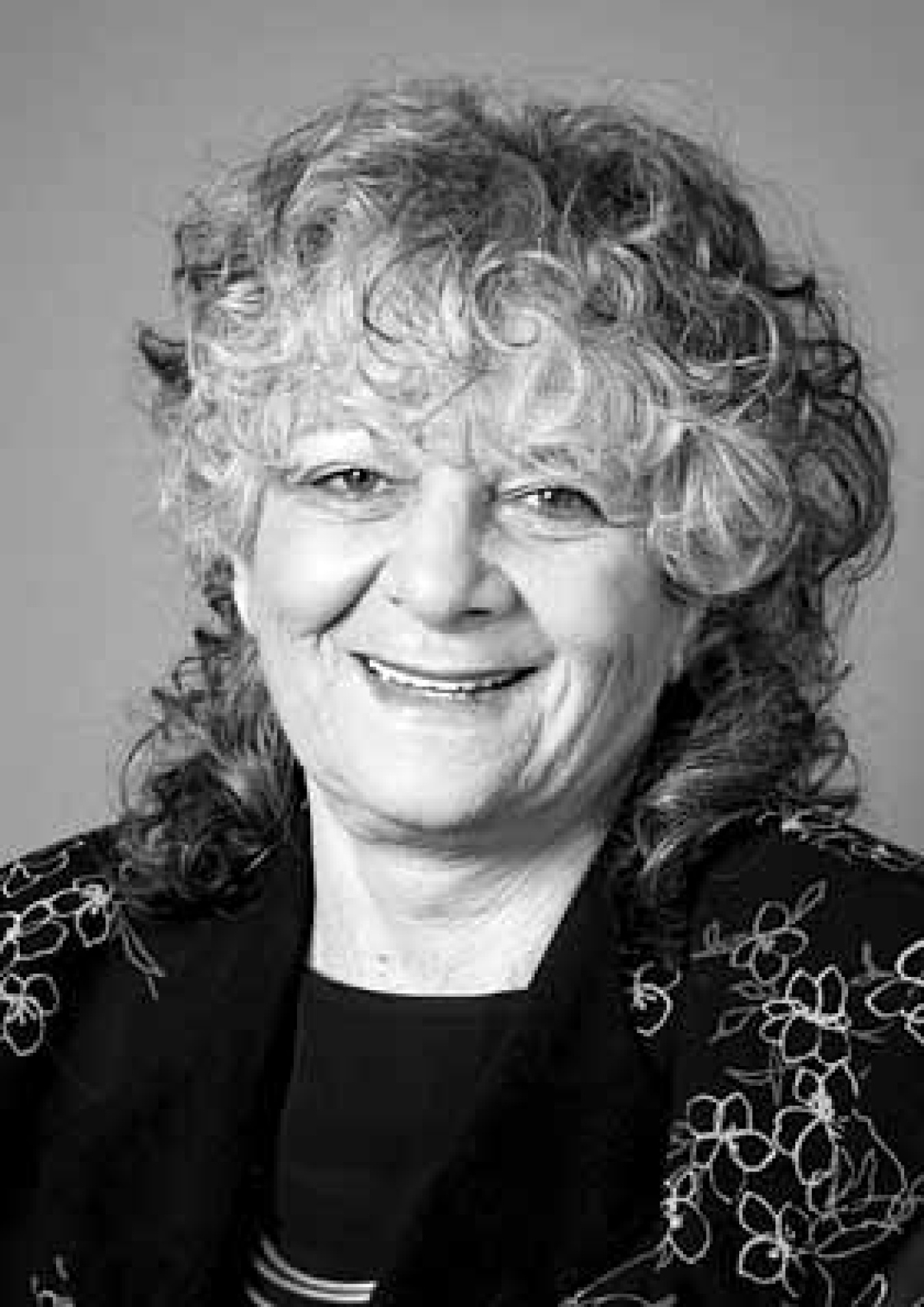In honor of Women's History Month, we're highlighting Ada Yonath, whose studies of the structure and function of the ribosome won her a Nobel Prize in Chemistry in 2009.
March 25, 2011
Nobel Prize winner in Chemistry, Ada Yonath | Credit nobelprize.org
In honor of Women's History Month, we’ve told you about a few great women in science and technology. Today we are highlighting another woman of present-day science, Ada Yonath, whose studies of the structure and function of the ribosome won her a Nobel Prize in Chemistry in 2009.{C}{C}
According to the autobiography provided on NobelPrize.org, Yonath was born in Jerusalem in 1939 to a poor family that shared a small apartment with several other families and their children. After her father died at age 11, Yonath began helping her mother support their family by taking on cleaning jobs, babysitting and tutoring younger children, but says the “hard conditions didn't dampen my enormous curiosity.”Along with fellow researchers Venkatraman Ramakrishnan and Thomas Steitz, Ada Yonath won the Nobel Prize in Chemistry for studies of the structure and function of the ribosome based on data collected at the Department of Energy's Advanced Photon Source at Argonne National Laboratory. The biochemist is the current director of the Center for Biomolecular Structure and Assembly at the Weizmann Institute of Science, and has dedicated her research to the study of ribosomes, otherwise known as the “protein builders” of a cell. Yonath was the first woman to be awarded the Nobel Prize in Chemistry since 1964, and has been recognized internationally for the breakthroughs her work has provided in the development of new antibiotics. But the road to success was not an easy one.
After serving the required year of army service in the “top secret office” of the Medical Forces, Yonath enrolled at Hebrew University of Jerusalem, where she completed her undergraduate and Masters of Science studies in chemistry, biochemistry and biophysics. She did post-doctoral stints at the Massachusetts Institute of Technology and Carnegie Mellon University before returning to Israel’s Weizmann Institute in 1970, where she initiated and established the first biological crystallography laboratory in Israel. Nearing the 1980s, she began a two-decade long study of the process of protein biosynthesis -- and says she was met with disbelief and even ridicule from the international scientific community.
During this time, Yonath recalls saying things like: 'why work on ribosomes…this is a dead end road,' or: 'you will be dead before you get there.’ To both hers and our satisfaction however, these predictions were proven wrong, and her work has been vital to identifying how bacteria becomes resistant to antibiotics.
In an interview conducted shortly after winning the Nobel Prize, Yonath said she “doubted more than expected” when asked if she ever doubted she would succeed in her efforts to map the structure of ribosomes. “I had doubts all the time. The way was extremely, extremely difficult.”
Curious from a young age, Yonath was inspired to study science after reading about another winner of the Nobel Prize in Chemistry -- Marie Curie. "I never thought about me being a woman or not when I did science -- I was just a human being born into an extremely poor family," she once said.
She is a strong advocate of encouraging more women to get involved in science, and in 2008 won the L'Oréal-UNESCO Awards for Women in Science, which aims to improve the position of women in science by recognizing outstanding women researchers who have contributed to scientific progress.

